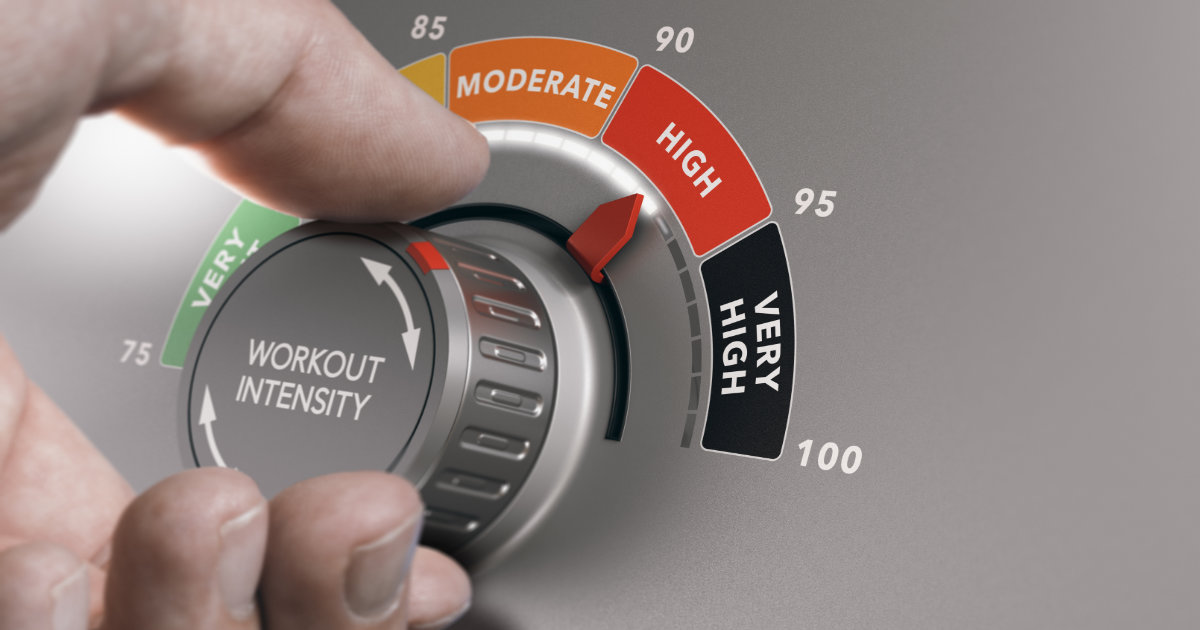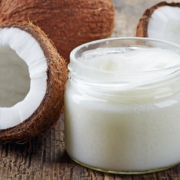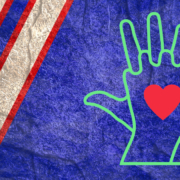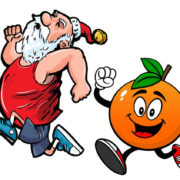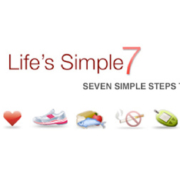How Hard Should You Exercise?
Exercise is my most favorite thing to talk about—not surprising for an exercise physiologist. There’s no question that diet is important to our health, but if I had to focus on just one habit that people should adopt, it would definitely be exercise first before anything else. I believe we should all eat more vegetables and fruits, take supplements for gaps in our diet, and try to reach a normal body weight. But aside from quitting smoking, the most important thing you can do for your health is to be physically active.
Let’s look at the study. The subjects in the study were a subgroup of people from the United Kingdom Biobank study. The data were collected from 88,412 middle-aged adults, with 58% women, who were specifically chosen because they had not been diagnosed with cardiovascular disease before the study.
The researchers broke the data into three equal groups by activity level. The average age of the subjects in the study was 62, and the average BMI was 27. They tracked the subjects for 6.8 years, and in that amount of time there were 4,068 cardiovascular disease (CVD) events: ischemic heart disease (reduced blood flow to the heart) or cerebrovascular disease (reduced blood flow to the brain).
Their findings were interesting and confirmational. Using no or differing covariates in the statistical analysis, as the amount of physical activity increased, the incidence of CVD decreased. That would confirm what we would expect: regardless of intensity, the risk of CVD decreased and it continued to decrease for every level tested.
How does exercise intensity impact all this? We’ll take a look at intensity on Saturday.
What are you prepared to do today?
Dr. Chet
Reference: Eur Heart J (2022) https://doi.org/10.1093/eurheartj/ehac613

